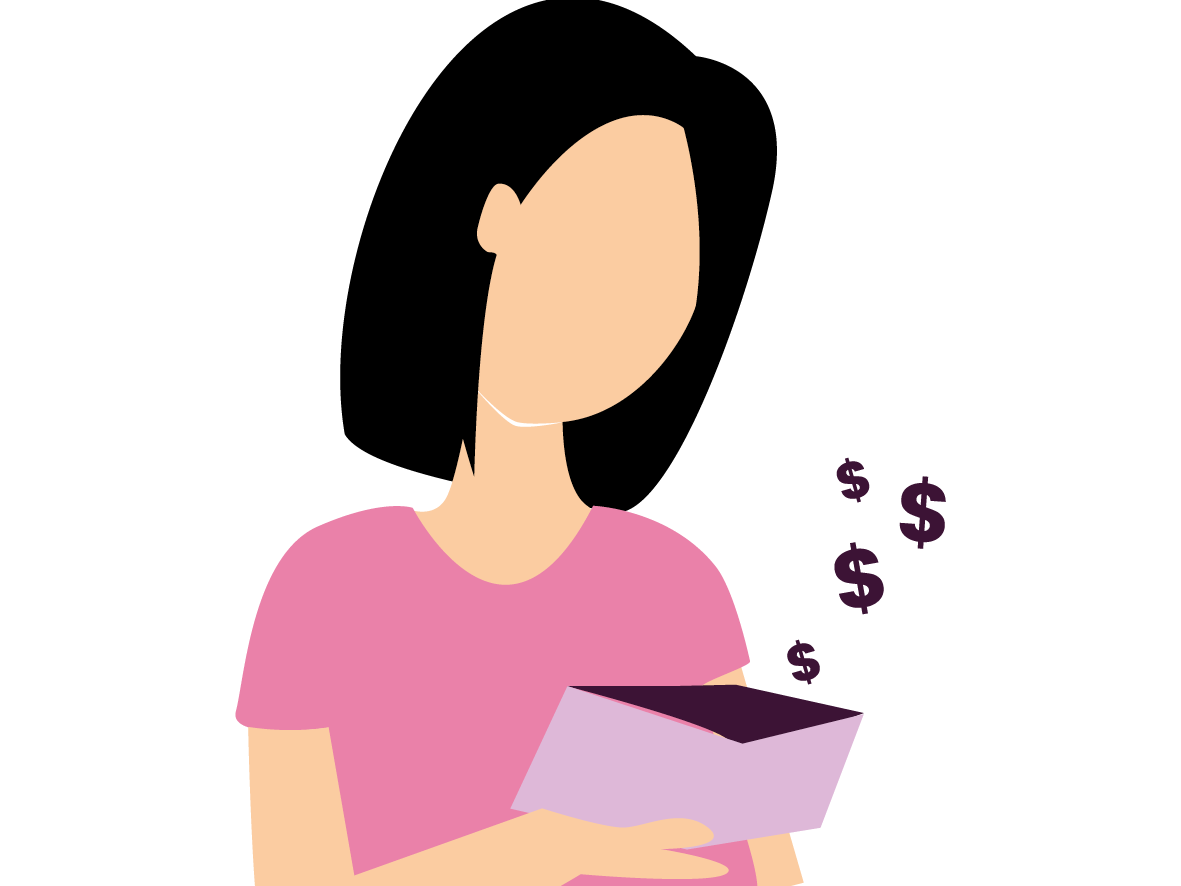Family violence economic harm service
Economic abuse is a form of family violence where someone restricts access to, controls or exploits another person’s financial resources. Our phone-based nationwide service helps people reduce the impact of economic harm and recover from abuse.

Support to address and overcome the impact of economic abuse
The economic impact of family violence can continue long after the end of a relationship. We provide specialist support to address and recover from economic harm related to family violence.
This service helps people:
- address unjust financial situations and reduce unreasonable debt
- access entitlements and financial wellbeing tools like no-interest loans
- strengthen financial capability and confidence.
Good Shepherd’s team delivers support by phone, working one-on-one with clients all over New Zealand. Our specialists work alongside clients, and can liaise with other service providers like Women’s Refuge, ACC, WINZ, and banks as needed.
This is not an emergency service. If you’re experiencing other forms of family violence, please contact a family violence agency such as Women’s Refuge or Shine. If your safety is at risk right now, please call 111.
We can help with the financial and economic impact of family violence.
For information about other family violence and financial hardship support services, see our ‘Where else to get support’ page.
Financial and economic abuse is not always easy to see
Financial and economic abuse is recognised as a form of psychological abuse in the Family Violence Act 2018. It takes many forms, for example when someone:
- restricts access to money
- exploits someone else’s financial resources
- damages property
- prevents someone from work or forces them to work
- manipulates how much child support is owed
- takes on debt in someone else’s name without their knowledge or consent.
Financial and economic abuse prevents someone’s ability to make decisions about their own money. It happens to all demographics and at all social-economic levels. It does not discriminate. Many people aren’t aware this is a form of violence, which means they are less likely to spot the signs.
Even if finances are not used as a means of abuse, family violence creates economic harm. For example, incurring costs when moving to safety or not being able to work due to fear or physical injury. The economic impact of family violence can continue long after the end of a relationship.
See our key issues page for more about family violence economic harm.
To better understand your own relationship with money and have more effective and positive money conversations with your partner, explore our Healthy Relationships toolkit.
Client stories
See some of the ways our services help people.



